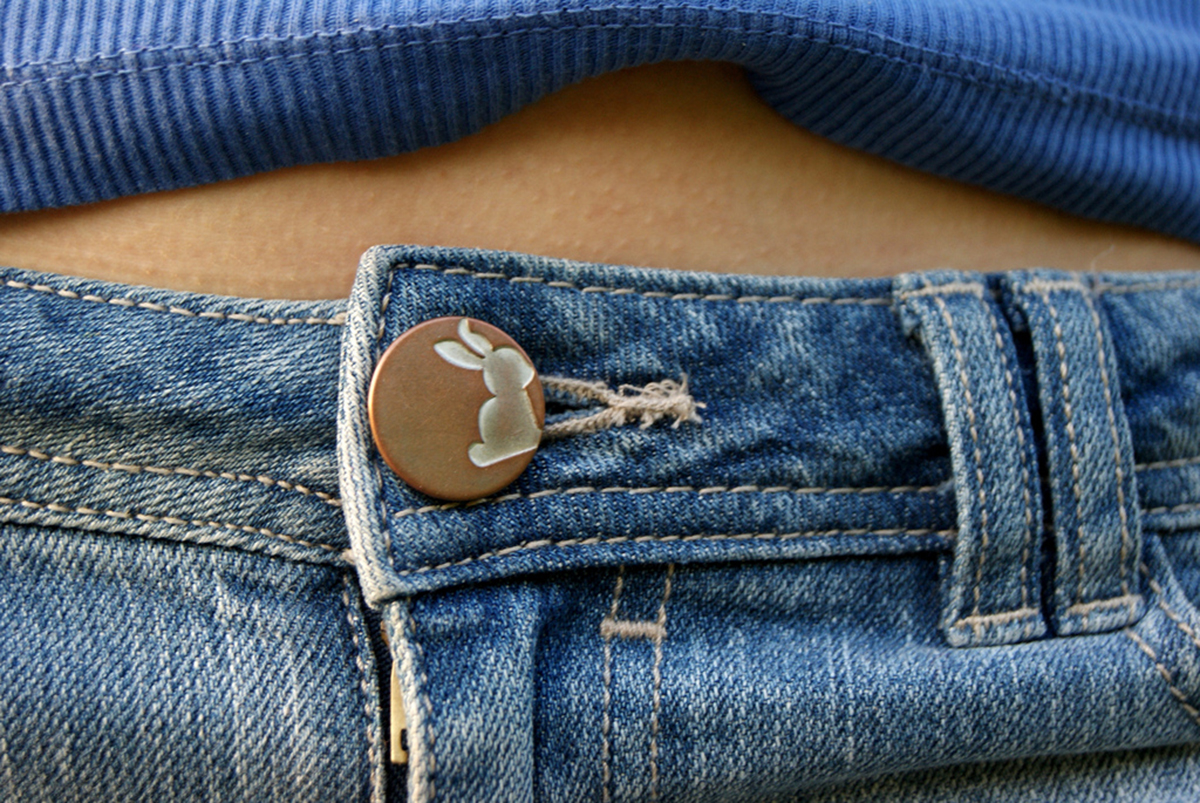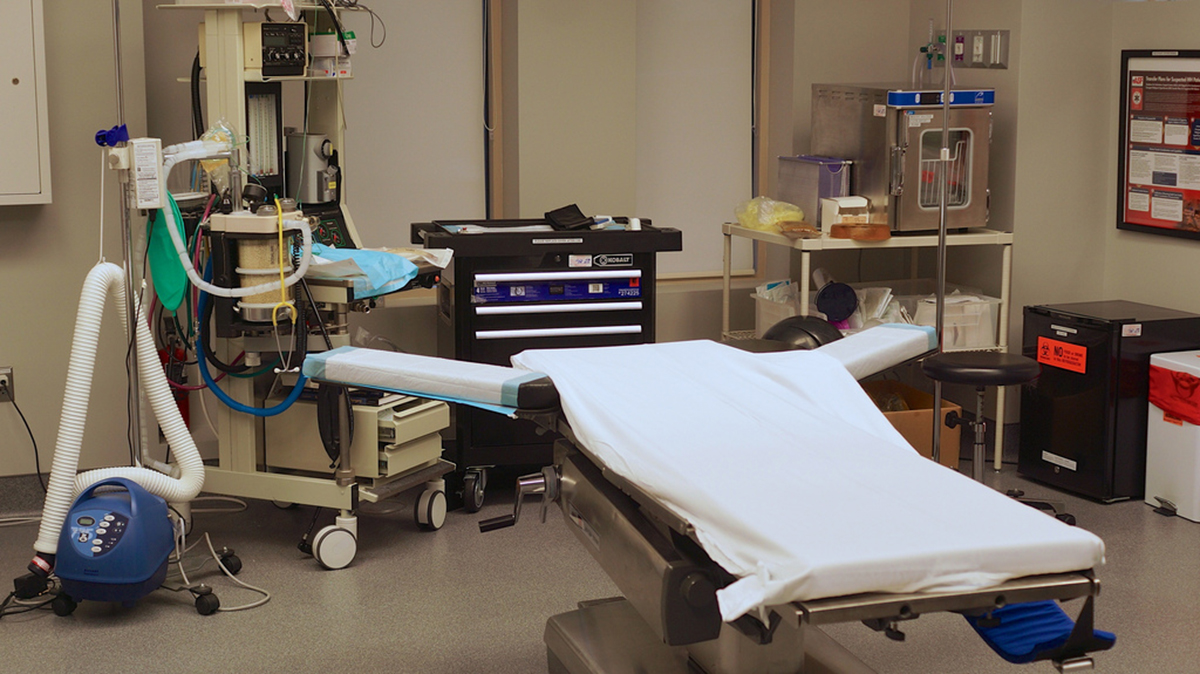Liposuction is a form of cosmetic surgery in which excess fat is removed from various sites of the body. It is increasing in popularity day by day and a lot of people are choosing it as a “last resort”. Over the years, many new ideas and techniques have emerged and the procedure has become much easier, safer and more effective.
The aim of liposuction is to reshape certain areas of your body. Contrary to popular belief, it has a limited role in reducing body weight. Liposuction is usually performed on those individuals in whom diet and exercise fail to show results. It is also performed to treat gynecomastia (abnormally large male breasts), and can be performed along with other cosmetic surgeries like breast reduction.

An Overview Of Liposuction
Excess fat is removed from the body via hollow tubes called cannulas that are linked to a suction apparatus. These cannulas are inserted into the body through very small incisions. These tubes are then moved around under the skin and the subcutaneous fat is suctioned out.
During recent years, improved techniques were introduced which have made this procedure a lot safer and more effective. These recent techniques include ultrasound-assisted liposuction, laser-assisted liposuction and a tumescent technique. These procedures have fewer and less severe side effects.
Liposuction can be done as an outpatient procedure or it may be carried out in an ambulatory surgical center. Either local or general anesthesia can be used, depending on the type of procedure. An overnight hospital stay is not required in most cases, unless large volumes of fat are removed.
What To Expect After Liposuction
After the surgery, the corresponding area of the body is firmly wrapped with tight elastic bandages to reduce the swelling and bruising. The doctor may advise you to wear a compression garment for some weeks.
The incision sites are usually very small, but fluid may drain from them for several days. There is a chance of infection at the incision sites, therefore the doctor will prescribe you a course of antibiotics. The antibiotics should be taken properly, according to the advice of the doctor. You can expect swelling and bruising in the next seven to ten days.
READ Can Non-Surgical Liposuction Destroy Your Stubborn Fat And Help You Lose Weight?
You can return back to your normal daily activities as soon as you feel comfortable moving around and also if there is no apparent complication. The length of your recovery depends on the amount of fat that has been removed. If a large amount of fat is removed, it may take some weeks. However, most people are able to resume their job after a few days.
Liposuction: Side Effects And Complications Eeveryone Should Know About Before Going Ahead
Generally, liposuction is a safe surgery but like any other invasive procedure, it can have complications and side effects. The risk of the side effects increases if a large volume of fat is removed or more than one area is treated.
Common Side Effects Of Liposuction
Common side effects of liposuction are usually minor and can be managed easily, but may sometimes lead to discomfort or pain. It should be noted here not every patient will experience the same side effects, and neither will side effects be equally severe for everyone.

Here’s what you can expect:
- Temporary bruising or swelling around the treated areas. It usually subsides after some time.
- Pain in the area where the fat has been removed. This is also temporary and can be tackled with over the counter pain medications.
- Numbness in the area can also be seen. It is also temporary.
- Incision sites may show some degree of scarring. Scars usually fade in a few weeks but it may vary in different individuals. Scar sites may have itching and irritation.
- The skin is usually tightened during the procedure (abdominoplasty) but in some people it may become loose or baggy after some time.
- Nerves and skin over the treated area can be damaged during the procedure, which can lead to sensory changes or pain.
- Limitation of mobility is usually due to the compression garments. Swelling or pain can also limit the movement of the person temporarily.
- Contour irregularities like bumps or lumpiness can happen as a result of excessive removal of fat from an area.
- There is a risk of infection in the area, especially if the antibiotics are not taken properly.
- Discoloration of the skin on site of scars can become permanent.
- Post-operative weight gain is a common side effect. After the procedure, some people start gaining weight and the fat starts to accumulate in the same places where it was before. This may lead to further disfigurement. Proper weight control (diet and exercise) is essential after the operation.
Possible Complications Of Liposuction
As with every surgical procedure, liposuction carries certain risks, and complications that may occur during or after the procedure. These complications are rare and don’t happen in everyone, so don’t be alarmed. If performed by a skilled surgeon, the surgery may even go without a single complication.
The possible complications include:
- An allergic reaction to any of the medications used during the surgery, for example anesthesia or analgesics. You should tell the doctor beforehand if you are allergic to any drug.
- Seroma is the accumulation of liquefied fat which gets entrapped beneath the subcutaneous tissue. Large seromas may need aspiration and drainage to avoid infection.
- Toxicity of the local anesthetic lidocaine can occur, especially if large areas are treated.
- Excessive damage to the skin or tissues beneath the skin due to a sharp instrument, laser or ultrasound. Skin necrosis may occur if there is loss of blood supply to the skin.
- Perforation or puncture of any internal organ of the body. This is usually due to a faulty technique or an unexperienced surgeon.
Some minor side effects are almost always present and the patient should be informed about all of them before the surgery. However, the marketing that’s going on now days makes it difficult for the patient to differentiate truth from exaggeration.
- Photo courtesy of michael pollak via Flickr: www.flickr.com/photos/michaelpollak/7140003193
- Photo courtesy of tedeytan via Flickr: www.flickr.com/photos/taedc/10205606354
- http://www.webmd.com/beauty/liposuction/liposuction http://emedicine.medscape.com/article/1272958-overview#a6


Your thoughts on this